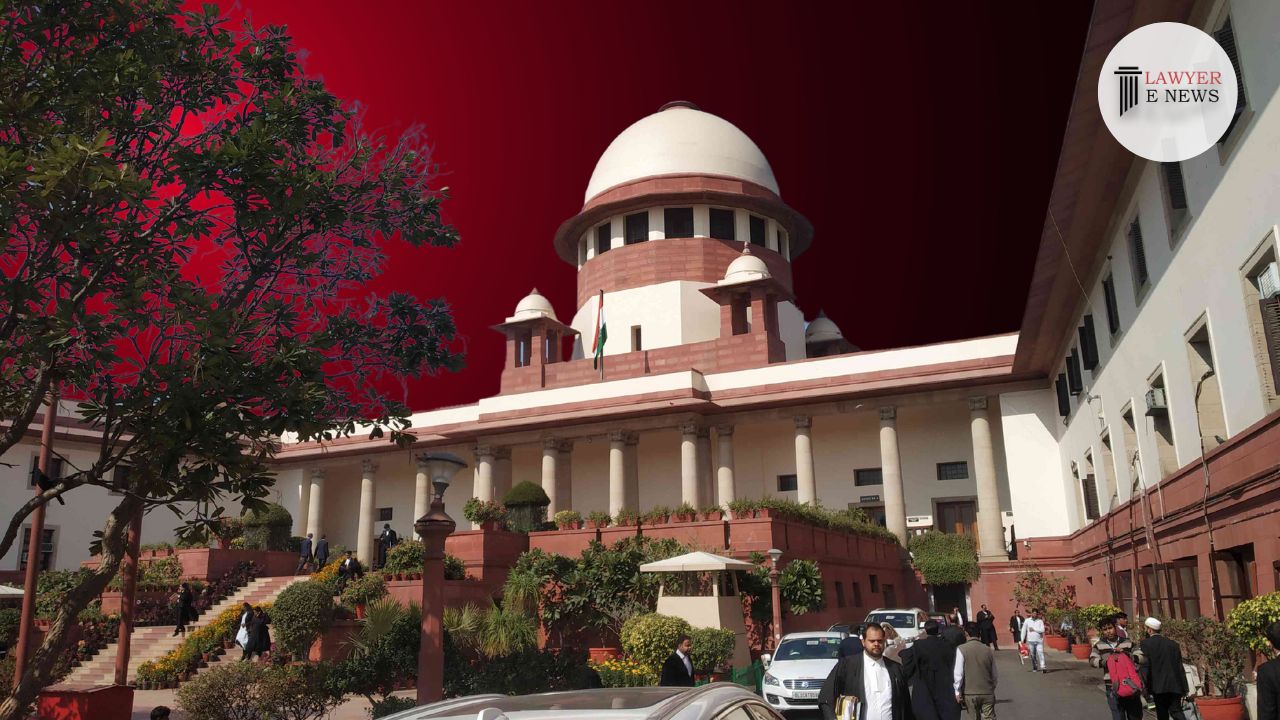-
by Admin
15 February 2026 5:35 AM



The Supreme Court set aside the orders of the Patna High Court regarding the substitution of legal representatives in the ongoing dispute over the succession to the "Gaddi" of Swami Shivdharmanand, emphasizing the importance of procedural correctness in such determinations.
The crux of the dispute involves Order 22 Rule 5 of the Civil Procedure Code, which deals with the substitution of legal representatives (LRs) upon the death of a party involved in litigation. The Supreme Court highlighted that the correct determination of LRs is crucial for the continuation of legal proceedings, ensuring that the deceased's estate is fairly represented.
The legal battle began after the death of Swami Shivdharmanand, with multiple parties claiming the right to be substituted as LRs in a pending second appeal before the Patna High Court. Initially, the High Court directed the Trial Court to identify the rightful LR, which recognized Swami Satyanand. However, procedural irregularities and a failure to consider pending objections and substitution applications led to disputes reaching the Supreme Court.
On Procedural Irregularities: The Supreme Court criticized the Patna High Court for not properly considering the objections and the pending substitution application before passing its orders on substitution. The apex court pointed out that the High Court had incorrectly interpreted the procedural directive, leading to an erroneous decision.
On Importance of Adherence to Rules: The Supreme Court reiterated that adherence to procedural norms is essential, particularly in sensitive cases involving the succession of religious or spiritual leadership. The apex court's directive emphasized the necessity for the High Court to reevaluate the matter with comprehensive procedural correctness.
Detailed Analysis of Order 22 Rule 5: The Supreme Court meticulously interpreted Order 22 Rule 5, clarifying the roles of appellate and subordinate courts in such determinations. It stressed that the appellate court retains the ultimate authority to decide on the substitution, and it must consider all evidence and objections before making a decision.
Decision: The Supreme Court set aside the High Court’s orders dated January 30, 2019, and June 19, 2019, due to noted procedural errors. The matter has been remanded back to the High Court for a fresh round of proceedings concerning the determination of the legal representative, ensuring adherence to procedural norms under Order 22 Rule 5.
Date of Decision: April 30, 2024
Swami Vedvyasanand Ji Maharaj (D) Thr Lrs vs. Shyam Lal Chauhan & Ors.
